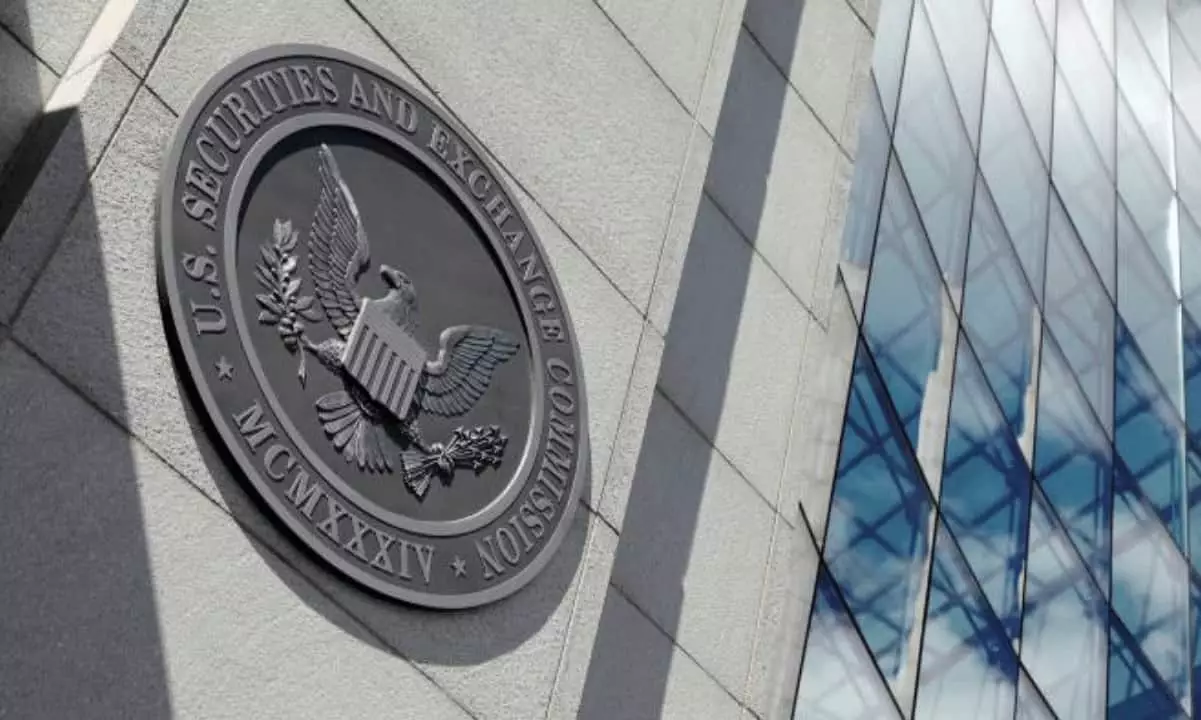In 2024, the U.S. Securities and Exchange Commission (SEC) significantly escalated its crackdown on the cryptocurrency sector. By June of that year, the agency had imposed fines totaling nearly $4.7 billion, an astronomical increase of 3,018% compared to the roughly $150.3 million levied in 2023. This dramatic shift indicates not just the SEC’s intensified focus on regulatory compliance in the burgeoning crypto market but also highlights the agency’s intention to enforce a stringent legal framework around digital assets.
The largest contributor to this year’s financial penalties was the SEC’s historic $4.47 billion settlement with Terraform Labs and its CEO, Do Kwon. This settlement marked the largest enforcement action undertaken by the SEC to date, stemming from serious allegations of misleading investors and the provision of unregistered securities following the controversial collapse of TerraUSD (UST). Such high-profile cases illustrate both the SEC’s readiness to tackle major players in the crypto arena and the necessity for stringent regulatory oversight in a sector fraught with volatility and risk.
Shifts in Enforcement Strategy
This year’s enforcement trend reveals a strategic pivot by the SEC: moving from numerous minor penalties to fewer, but substantially higher fines. In 2023, the SEC conducted 30 enforcement actions, but this number dropped to 11 in 2024. Nevertheless, the average fine increased dramatically from approximately $14.71 million in previous years to about $426 million. This stark contrast signals the SEC’s desire to create impactful precedents rather than engage in a scattershot approach to regulation.
The report from Social Capital Markets suggests that by focusing on significant enforcement actions, the SEC aims to deter potential violations and instill a greater sense of accountability among firms. Other notable cases of 2024 included fines against GTV Media Group and fraudsters John and Tina Barksdale, each exceeding the $100 million mark, showing that even established entities are not immune to scrutiny.
Since 2013, the SEC has imposed an overwhelming $7.42 billion in fines on the cryptocurrency sector, with a staggering 63% of this total attributed to actions taken in 2024 alone. This reflects the agency’s evolving role in the digital assets space, as it responds to increasing concerns about consumer protection and market integrity. Notably, previous significant actions, such as the 2019 fine of $1.24 billion against Telegram Group Inc., suggest a pattern of the SEC using substantial penalties as a tool for enforcement.
The current regulatory landscape indicates that the SEC is prepared to hold both companies and individual executives accountable for violations. Penalties in 2024 have seen a “firm + individual” approach, leading to a total of $5.08 billion levied across various actions. The reality is stark: firms are facing heavy financial repercussions, with nearly half of all fines exceeding $1 billion, underscoring the seriousness of compliance in this rapidly evolving sector.
As we move further into 2024, ongoing regulatory scrutiny in the cryptocurrency landscape is likely to heighten. The increased average fines and the SEC’s strategic approach suggest that the agency will not hesitate to intervene where it perceives risks to the integrity of financial markets. While many smaller firms may still be subject to penalties under $1 million, the overarching trend is one of heightened vigilance and accountability, which may reshape how cryptocurrency businesses operate in compliance with federal regulations.
The implications of the SEC’s heightened enforcement are significant, marking what may be the dawn of a new regulatory paradigm, where adherence to established securities laws could become non-negotiable for market participants in the cryptocurrency ecosystem. Keeping a vigilant eye on developments in this area will be essential for stakeholders and consumers alike, as this enforcement wave continues to evolve.















Leave a Reply